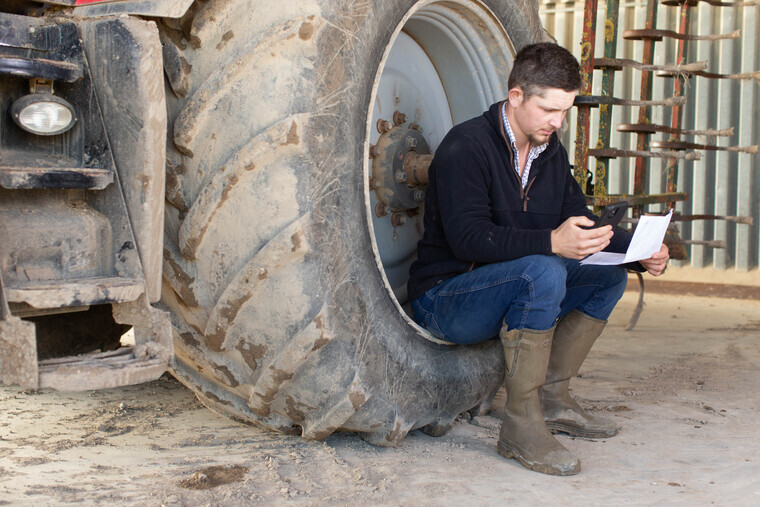Farming people, like many households across the UK, are facing the realities of dealing with rising energy costs. With the cost of living soaring to its highest level in a decade, grants of up to £1,500 can be accessed as part of RABI’s fuel poverty response.
Farming people across England and Wales can apply to the agricultural charity for support towards home-related energy costs such as energy bills or for making home energy efficiency improvements.
With gas and electricity prices rising by over 50% on 1 April, research from National Energy Action (NEA) indicates that 6.5 million households across the UK are now in fuel poverty, over two million more than just six months ago.
“People facing immediate financial hardship in relation to fuel cost increases can apply for grants of up to £1,500 towards bill payments or making homes more energy efficient,” said RABI’s director of services, Caron Whaley. “We should all be able to stay warm at home, but many people are increasingly having to choose whether to heat their home, feed the family or pay the rent.”
RABI is working closely with NEA to understand better the impacts and symptoms of fuel poverty to try to minimise the effects of cold homes on the physical and mental health of farming people. As the experts on fuel poverty, NEA is also delivering specialist training to RABI’s regional support teams.
“Our service delivery teams have a really good understanding of the many challenges farming people face. The additional NEA training will develop their knowledge of some of the less obvious impacts of fuel poverty.
“NEA research has highlighted links between fuel poverty and wider mental health issues. As our Big Farming Survey report has shown, there are already high levels of poor mental health within the farming sector so it’s important that we understand how to provide the necessary support to tackle this worrying issue,” added Ms Whaley.
Wider mental health support for farming people
In addition to fuel poverty grants and an emergency storm response which launched in March, RABI introduced two new mental health support services earlier this year.
The charity’s proactive response focuses on providing early, preventative wellbeing support for farming people through in-person counselling and mental health training.
RABI’s head of partnerships, Suzy Deeley, said: “The new in-person mental health counselling and farming-focused mental health training initiatives complement existing schemes.” Both services can be easily accessed by the farming community.
“Our Big Farming Survey report findings confirmed that over a third of farming people are ‘probably or possibly’ depressed,” said Ms Deeley. “RABI is committed to developing support services that help address these poor experiences. Collaborating with partners, RABI is introducing essential services that we believe will make a difference to our community.”
The free, confidential in-person counselling is delivered by BACP accredited counsellors. Anyone feeling they could benefit from talking to a professional can access help via RABI’s helpline. Clinical or GP referrals are not necessary, with counsellors responding to initial requests for support within 24 hours.
Counselling sessions can take place face-to-face, by telephone or via video conferencing and are tailored to, and led by, each individual.
Both services are being delivered in partnership with Red Umbrella, a not-for-profit specialist provider of accredited mental health counselling, mental health training and aftercare support.
Claiming fuel poverty grants
RABI’s fuel poverty grants are available now and can be used towards home heating costs and energy efficiency measures, such as boiler servicing, installing water tank jackets, lagging pipes or installing loft insulation.
Applications can be made by calling the charity’s 24-hour helpline on 0800 188 4444.
RABI continues to develop services to address the challenges that farmers face, either while working or when they are no longer active in the sector because of ill-health, bereavement or retirement.
More information and support can be found at <a href=”www.rabi.org.uk>www.rabi.org.uk




